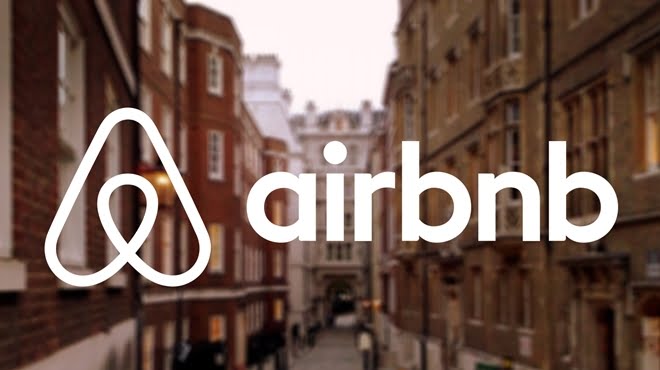Up to 52% of Cape Town Airbnb hosts use the online home sharing service in order to afford their homes, the company revealed on Thursday.
This as the city’s housing prices grew by an estimated 7.9% in 2017 – the highest growth of any metropolitan area in South Africa.
The Western Cape showed a whopping 78.2% growth in property prices since the 2008/9 recession.
Airbnb Southern Africa Regional Market Consultant Velma Corcoran told News24 that out of the 43 000 Airbnb listings in South Africa, 17 000 are in Cape Town.
It is, however, unclear whether these listings are concentrated in a specific area in the city, such as the tourist-frequented CBD.
“We’ve met countless Airbnb hosts in Cape Town and seen how home sharing has helped them pay their bills and stay in their homes,” Corcoran said.
“They aren’t taking houses off the market; they are sharing their homes and the cities they love, and using the additional income to help pay the bills.”
She said a typical Cape Town Airbnb host makes up to R43 400 a year from the platform by sharing space in their home for 32 nights.
Short-term rentals through Airbnb have been blamed for a property price surge in Cape Town, with many owners using the service to cover bond payments.
Responding to the criticism of the service, the City of Cape Town launched a city-wide survey to gain a better understanding of the effect the platform had.
A part of the discussion surrounding the survey, which ended in October, was a suggestion to amend the city’s municipal bylaw to allow short term rentals on residential properties.
It is currently illegal for residential owners to rent out their properties on a short-term basis, unless approved by the City of Cape Town.
Western Cape Economic Development MEC Alan Winde previously said the “platform will not be slowed down in Cape Town”.
“In our province, we will not tolerate businesses being slowed down by unnecessary regulations,” Winde said during his provincial budget briefing in March.
Airbnb alleged it had helped to create economic activity worth R2.4bn in Cape Town during the past year.
In October, the service launched a partnership with the City of Cape Town to develop “unique tourists experiences” in townships.
Corcoran added that home sharing also had a positive effect on surrounding suburbs.
“Airbnb guests spend 41% of their money in their chosen listing’s neighbourhood, giving a significant boost to local businesses,” she said.
